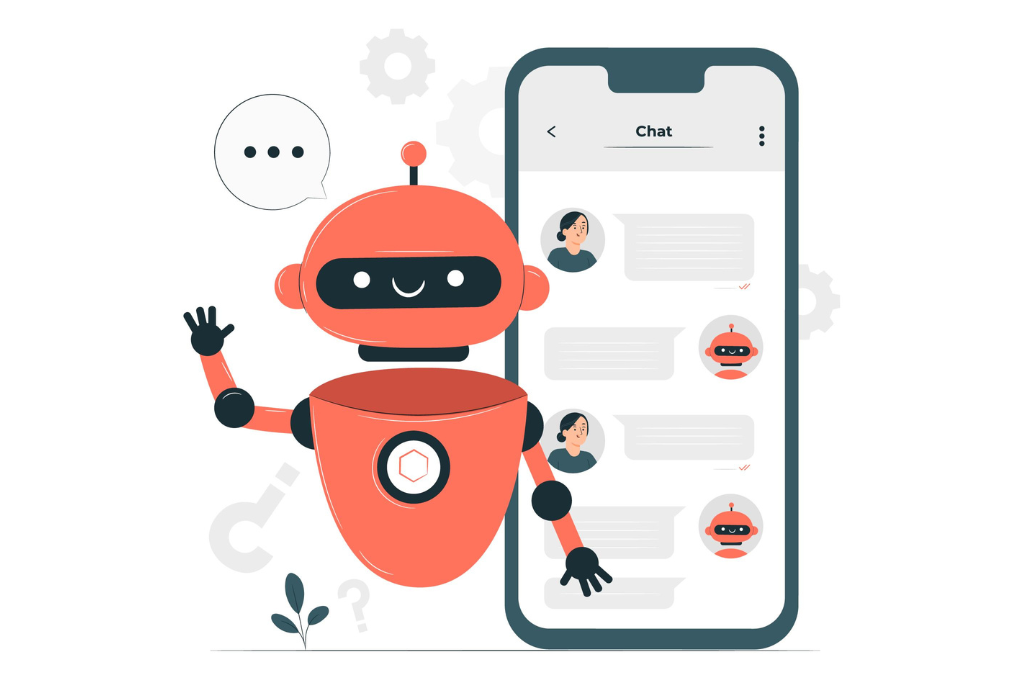ChatGPT delivers the most accurate vasectomy information
In a recent study published in the journal IJIR: Your Sexual Medicine Journal, researchers evaluated the efficacy and accuracy of three common generative artificial intelligence (AI) chatbots in answering basic healthcare questions. Specifically, they investigated ChatGPT-3.5, Bing Chat, and Google Bard's performance when answering questions related to vasectomies.
Critical assessment by a team of qualified urologists revealed that while all models performed satisfactorily across the ten common question tests, the ChatGPT algorithm attained the highest average score (1.367), significantly outperforming Bing Chat and Google Bard. Encouragingly, with the exception of Google Bard (now 'Gemini') presenting one 'unsatisfactory' response to the question, 'Does a vasectomy hurt?', all generative AI responses were rated either 'satisfactory' or 'excellent.' These results highlight the benefits of generative AI development in the healthcare industry, particularly when used to answer basic and common patient questions in an accurate and timely manner.
The Role of Artificial Intelligence in Healthcare

Artificial Intelligence (AI) encompasses a set of models and technologies that enable computers and machines to perform advanced tasks with human-like perception, comprehension, and iterative learning. Generative AI, a subset of these technologies, learns from human-supplied large machine learning (ML) datasets, generating novel text, audio-visual media, and other informative data.
Advancements in computation hardware, software, and training datasets have propelled AI's usability, especially in the healthcare sector. The rise in online medical queries, accentuated by the recent COVID-19 pandemic, has further highlighted the importance of AI in providing accurate and timely information to patients.
The Role of AI Chatbots in Patient Education

AI chatbots are software applications that utilize generative AI models to respond to user queries in a user-friendly manner without human intervention. ChatGPT, Google Bard (now 'Gemini'), and Bing Chat (now 'Copilot') are among the most utilized AI chatbots. ChatGPT alone boasts over 200 million users and more than 1.7 billion monthly responses, underscoring its popularity and effectiveness.
The study compared ChatGPT-3.5, Google Bard, and Bing Chat in responding to common urological questions related to vasectomies. Results indicated ChatGPT's superior performance, receiving the highest average score of 1.367 across all questions. In contrast, Bing scored 1.800, and Bard scored 2.167, with ChatGPT standing out in terms of consistency and reliability.
Conclusion
The study's findings emphasize AI chatbots as valuable resources for patient education on medical topics, reducing the strain on healthcare providers and potential costs for the public. While the results are promising, ethical considerations regarding assessment bias and the need for further evaluation remain pertinent in the application of AI in healthcare.
Posted in: Men's Health News | Device / Technology News | Medical Procedure News | Medical Research News
Tags: Artificial Intelligence, Consultation, Contraception, Coronavirus, COVID-19, Education, Efficacy, Healthcare, Language, Machine Learning, Medicine, Pandemic, Software, Testosterone, Vasectomy




















